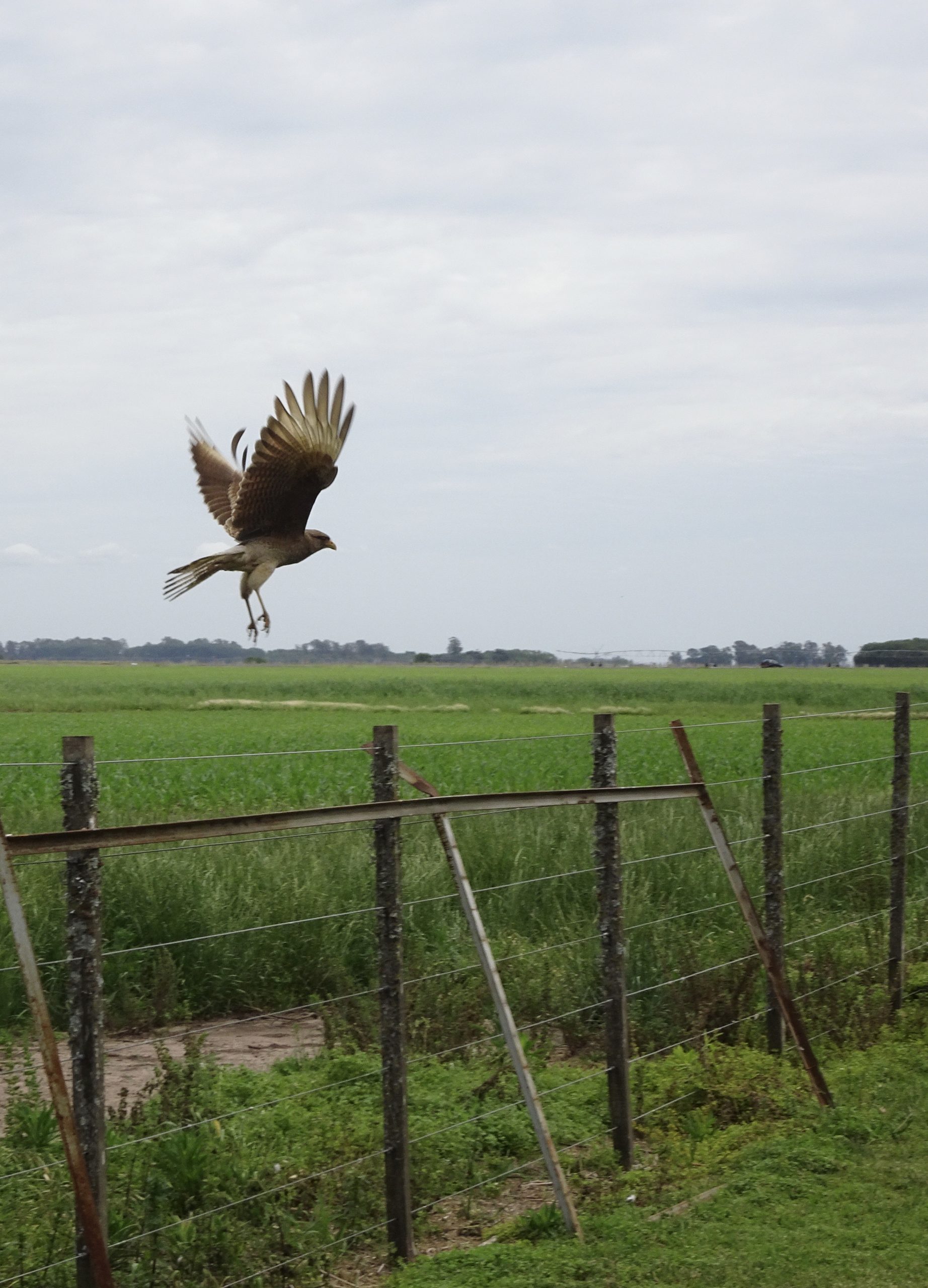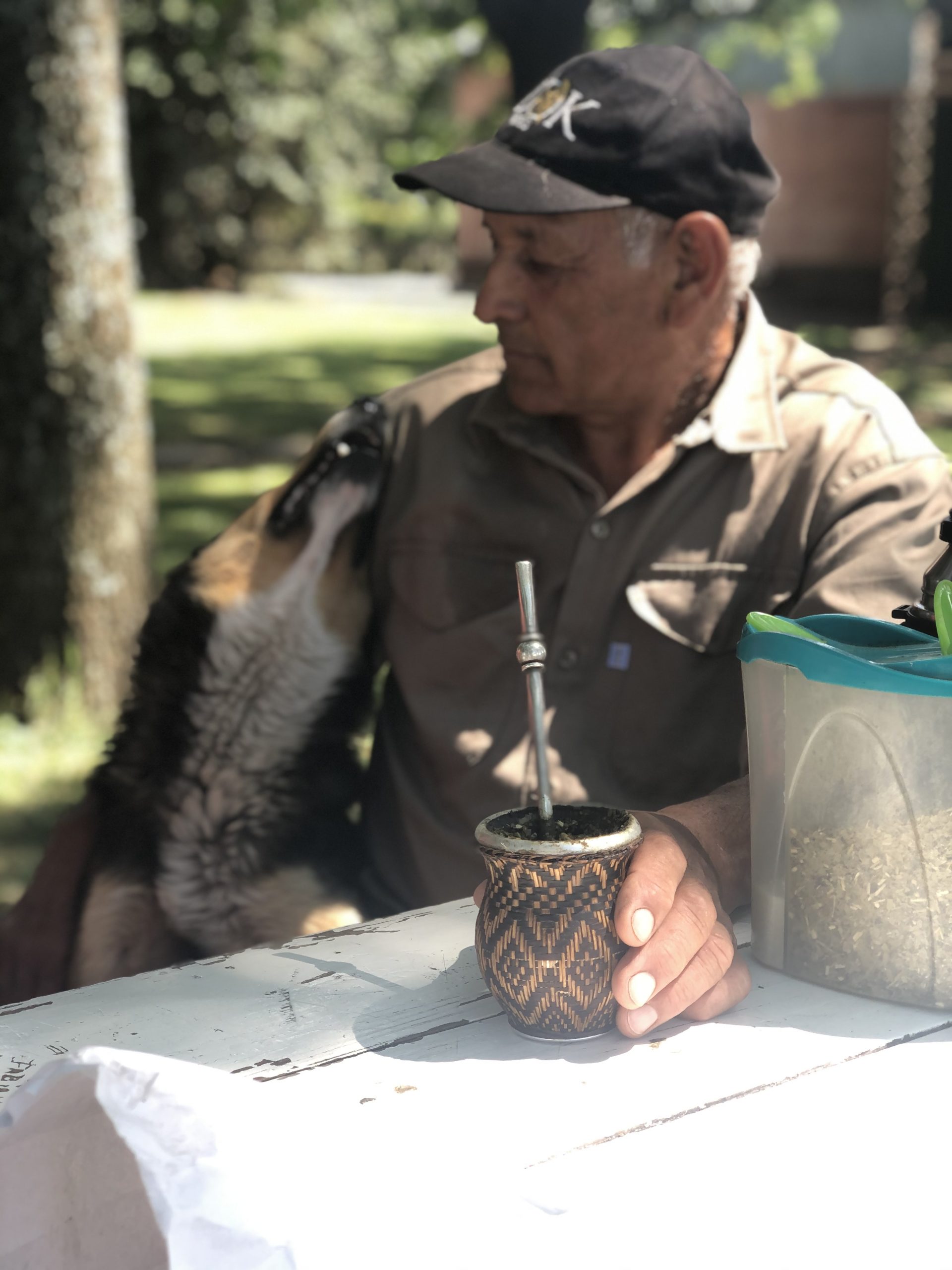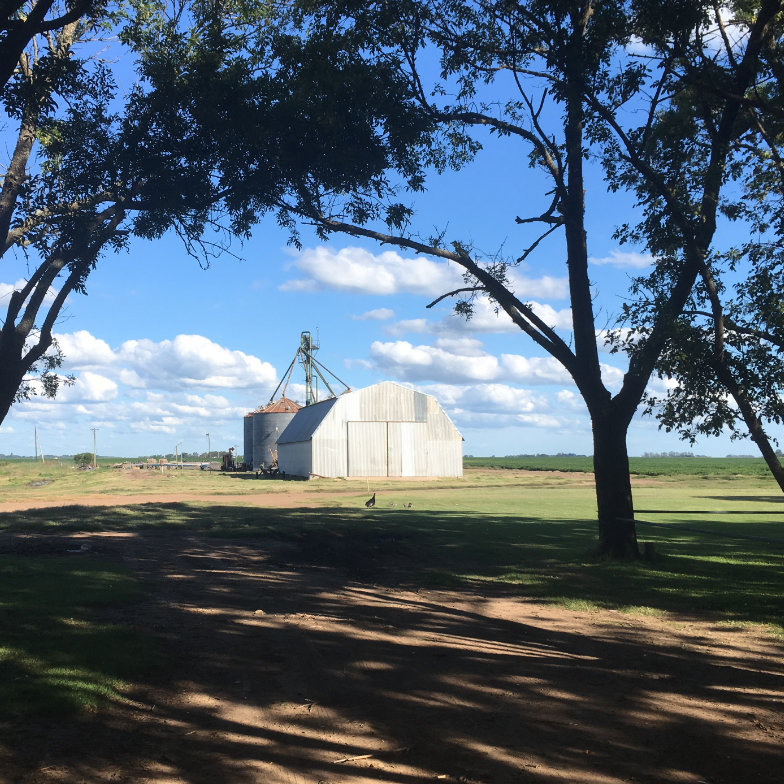Taking Vital Steps
At La Delia Verde, we are operating in different areas, which unite into an overall holistically managed farm:
Soil regeneration
Land planning and redesign
Biological monitoring
Infrastructural development
Diversification of farm income sources
Financial planning
The interaction of these factors result in increased productivity and biological diversity, as well as economic and social well-being. The progress of the project relies on maintaining the equilibrium between the ecological, social and economic factors. The long-term strategy is to equally maintain these factors, however, within that, there will be instances when short-term needs prioritize certain elements of each factor.


Organizational Change Through Holistic Management
The term “Holistic Management” was introduced to describe a method of managing land by adapting natural principles through livestock introduction. It included a whole farm planning system, leading to the term “Holistic Decision Making”, which is a decision-making tool used for an increase of quality in farming, by considering the entity as a whole rather than individual aspects.
During the process of changing from Conventional to Regenerative Farming, we searched for new management and development methods that fit our conditions, our ideas and our goals in Regenerative Agriculture. Our former farm strategy advisors introduced this method to us and we implemented the principles of Holistic Management into our cultivation practices and its planning.
Shortly after, we realized that this integrated approach has the potential to go beyond farming. Since we commit ourselves to ecological, social and economic regeneration, it was a logical step for us to apply this technique to all branches of the entire project.
As one of the first farming projects in Argentina following this regenerative approach, we captured the attention of people from various backgrounds, yet who all shared the same intention. La Delia Verde offered an opportunity to participate in the development of a new farming standard and new internal structures. In this way, the different sets of skills and knowledge of each team member led to a constant process of transformation.



Our Concept Adaptation for Taking Decisions
We acknowledge the ubiquity of combining ecological, social and economic regeneration as part of our scheme, because we can see it in every aspect of our actions.
Without ecological cautiousness there would be no fertile soil to grow crops on. Without social obligation there would be no people to uphold our project. And without economic accountability we would not be able to distribute fair salaries and everything else we need.
These chains of interdependent and complex connections within the project, and everything related to it, are only components of a larger evolving network, which we continuously try to understand, dissect and support.
The Importance of Trust
Trust is an integral part of regenerative work. In order to assure success in all its areas, every member involved must be able to trust and rely on one another. Individual expertise and knowledge, the ability to communicate as a team, as well as the commitment of everyone to our Conception & Commitment, are vital preconditions for good decisions. Who is involved and to what extent depends on and varies for each particular case, situation or project.
Beyond who is involved, is also the importance of what needs to be done. Making decisions includes three steps: collecting relevant information, communicating the central topics within the team and – lastly – taking the decision. While some issues can be handled by one person alone, others have to be discussed by the whole team. Using this decision-making framework, we assign every task to a certain group or person and determine who is responsible for each of the steps within the process.
The real power of this management organization and style comes from clearly defining a long-term goal and then testing each action or possibility against it. In our case, this fine balance between and growth of ecological, social and economic factors.
